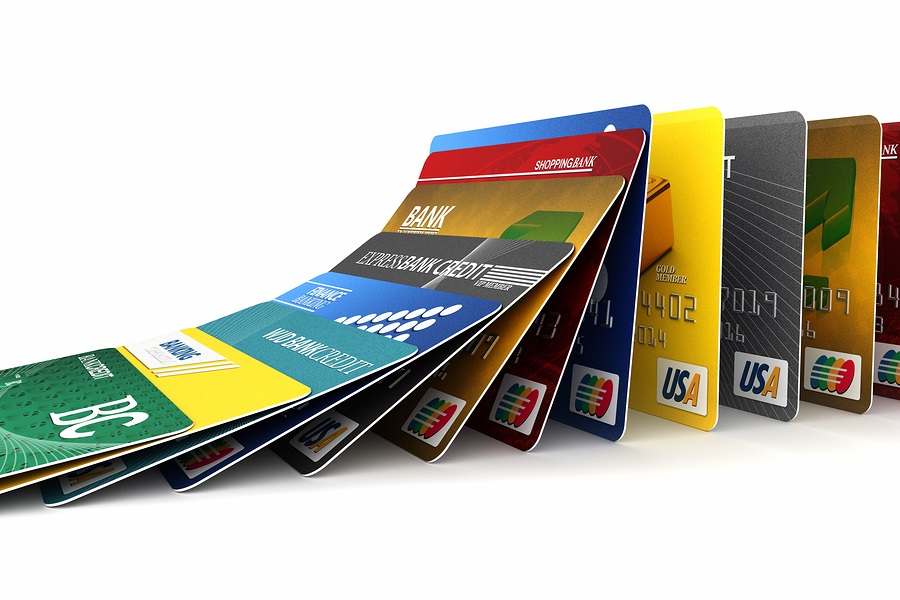Note: This is a guest blog by my colleagues, Rebecca R. Eddy and Gideon Y. Schein, of Eddy & Schein in New York and Los Angeles.
Managing credit card debt can be a challenge for anyone. It is common for Daily Money Managers to find clients dealing with a number of extra credit cards. Unfortunately, with all of the promotional deals and pre-approval offers that come to one’s mailbox, it is very easy to amass a large number of credit cards and the situation can quickly get out of hand.
Recently, Eddy & Schein was called to help a client manage his finances. Frank had 13 different active credit cards, including department store cards with high interest rates. Some were getting paid regularly, others were being left, but most were not being paid in full and were collecting interest.
The first step was to identify the scope of the issue. A list of all the cards was compiled, identifying for each the outstanding balance, the due date, and interest rate. Frank was then asked to identify which two cards he wanted to hold onto. As part of the discussion, Frank was encouraged to get rid of his department store cards and he agreed. Next we slowly proceeded to pay off and close down his other cards. Once his credit card bills were in order, and their number was manageable, Frank was able to pay his bills on time and no longer carry interest charges.
Here are 6 Tips for Managing Multiple Credit Cards
1. Assess: Are there too many?
• We recommend having just one or two credit cards. If there is an American Express card, it is a good idea to also have a Mastercard/Visa card, which may be accepted where American Express might not.
• It is also helpful to have a backup card for use in case the primary card is misplaced or stolen.
• Consider which cards provide the greatest benefit.
• Can you get rid of cards from gas stations, department stores, etc.?
• Which cards have the best rewards?
• Which cards have the lowest interest rate?
2. Reduce if possible. If you want to close down some credit card accounts, there are things to consider:
• Which cards have automatic payments on them?
• Can you move all automatic payments onto one card?
3. Make a list of all automatic payments and keep the list safe so you know which companies to contact and update charge information if the credit card is replaced due to the card expiring or being stolen.
4. Maintain a good credit score.
• Put the credit card in a safe place but do not close the account. One of the elements of a good credit score is based on having a ratio showing your large capacity to borrow versus a low amount owed by you.
5. Track charges on your statements.
• People who commit fraud are able to get credit card numbers without having the actual card, so confirm that all charges are valid.
• Are there unnecessary charges such as credit fraud insurance on multiple cards?
• Has a donation to an organization accidentally become a recurring charge?
6. Be aware that some credit card companies will close cards without an explanation.
Special thanks to Eddy & Schein for use of this blog. Please feel free to contact them in New York at 212-987-1427 or in Los Angeles at 626-395-7572, or visit them online at http://www.eddyandschein.com.
This blog is published to provide you with general information only, and is not intended to provide specific or comprehensive advice. Money Care, LLC encourages individuals to seek advice from competent professionals when appropriate.

